Gregory Turutin speaks out after wife’s suicide week after hospital discharge
A man has described the weeks leading up to his wife taking her own life as a “horror movie” as mental health staff reveal the overwhelming workload nurses face.
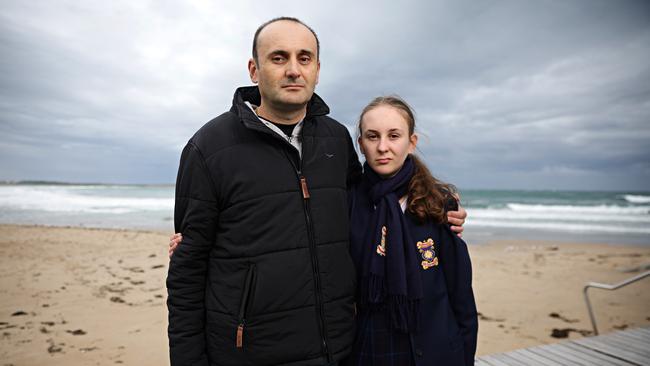
St George Shire Standard
Don't miss out on the headlines from St George Shire Standard. Followed categories will be added to My News.
A heartbroken Cronulla man whose wife took her own life just one week after she was discharged from a mental health unit wishes he had been provided with more information and resources.
Mental health nurses and staff have revealed the pressures facing the system that have led to patients, like Jason Murphy and Maria Turutina, falling through the cracks with tragic results once they leave hospital.
Their loved ones want to raise awareness about the flaws in the mental health system while nurses are calling for reduced patient to staff ratios so they have less “tick-box” administration tasks and more time to get to know the patients, notice deterioration and understand what will happen once released.
Maria Turutina, a once healthy and vibrant mother and wife, had negative experiences with a job which led to her husband Gregory Turutin notice a dramatic change in her behaviour in 2019.
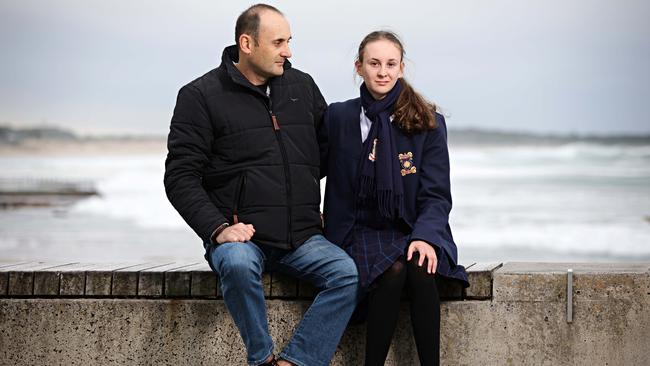
The couple went to the GP before Ms Turutina started taking anti-depression medication but Mr Turutin felt they weren’t taken seriously.
“What we experienced was a horror movie,” he said. “It was not a bad mood it was serious mental health,” he said.
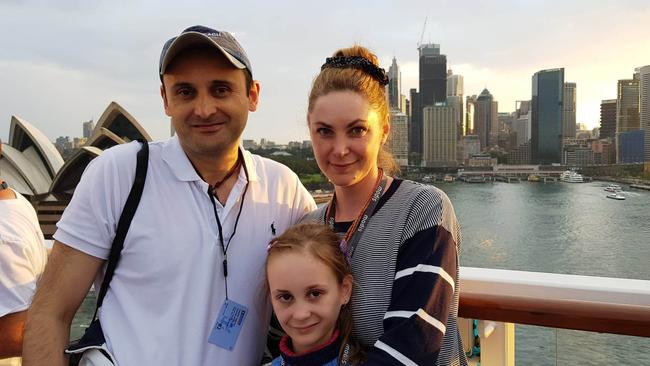
Mr Turutin said he had to advocate for his wife to be admitted to hospital after he was left in “complete shock” when she ran out of their Revesby home making wild claims.
“I needed help because I didn’t have any experience with this,” he said. “When she initially went into the hospital she couldn’t talk.”
After a couple of weeks, Ms Turutina was better rested, eating and interacting with her husband and daughter as normal before being discharged.
A week later Ms Turutina committed suicide after her nine-year-old daughter Diana was taken to school.
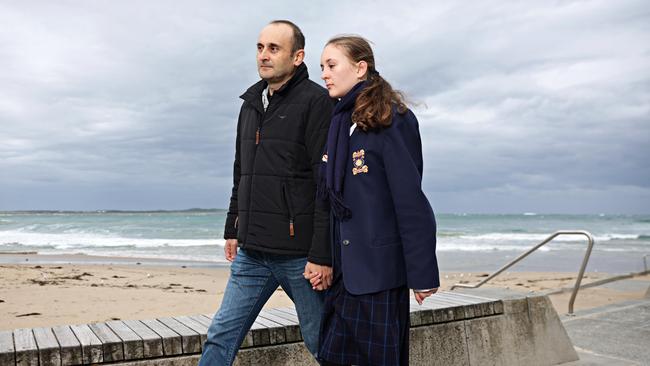
The discharge papers, that arrived after a week, said Ms Turutina was at no risk of self harm and her husband was exaggerating her symptoms.
Mr Turutin was told to wait for the discharge papers, a community support service worker quickly visited the home and he made an appointment at the GP but “it was too late”.
“They released her but did not tell me how to behave, what to do or who to call,” Mr Turutin said, adding he did not feel equipped with information upon his wife’s release.
“There is no mental health phone line designed for family members to ask for help,” he said. “Should I have done something different? I still don’t know.”
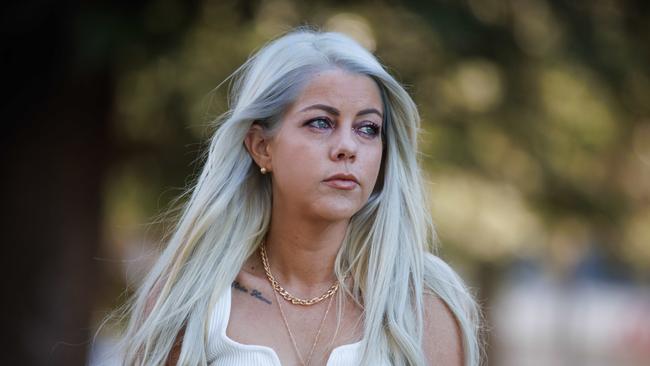
Mrs Turutina’s experience has tragic echoes of Jason Murphy suicide, who died in March mere hours after being released from the mental health unit at St George Hospital.
An internal investigation in being undertaken and his sister Lydia Murphy has called for laws mandating contact of next-of-kin when their loved ones are discharged.
A NSW public hospital family and carer program manager, who asked to remain anonymous, advocates for clinicians to “see the bigger picture” for patients so they understand who is there to support them once discharged.
“Clinicians are not seeing the family context or environment. They don’t ask what happens when they go home,” she said. “They are pressed for time and we ask a lot of them but we make them tick boxes.
“They are not getting to know their patients. I would like to see staff be more empathetic to families and carers.”
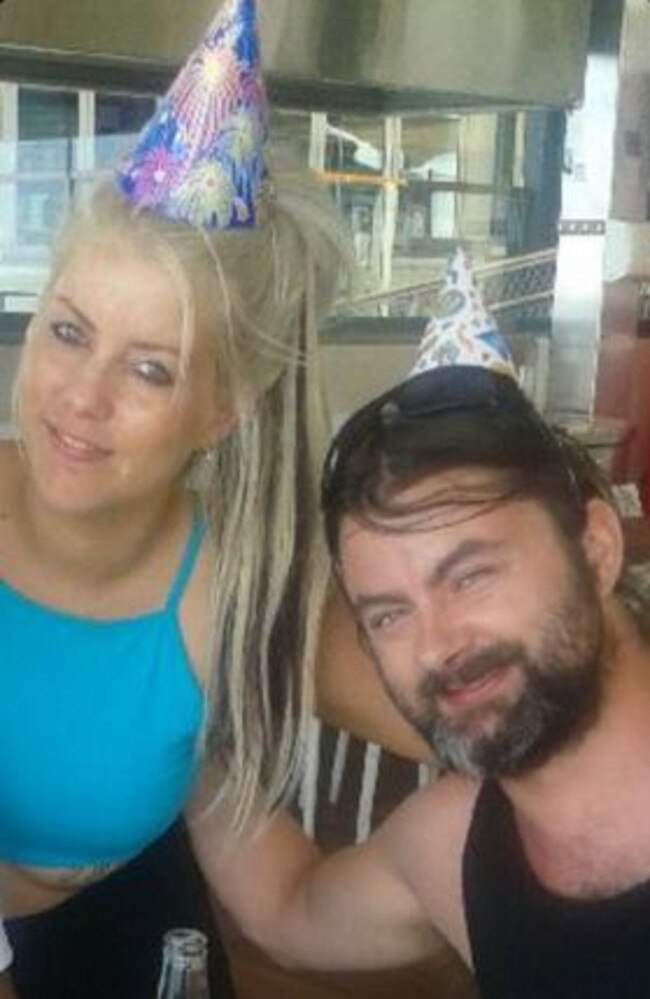
Cumberland Hospital NSW Nurses and Midwives’ Association branch delegate Nick Howson is one of many mental health nurses who is time poor and would typically treat five or more patients daily, who range from being newly admitted to being discharged.
“We have all thought about discharging someone and what will happen when they go home,” Mr Howson said.
“You think, ‘did I miss anything, did I give that person enough time’. That voice never goes away’.”
He said new patients need to be interacted with every 30 minutes, then every two hours meaning there is not a lot of time for a “proper assessment”.
“Unfortunately it becomes a check box system … and care starts to slip,” he said.
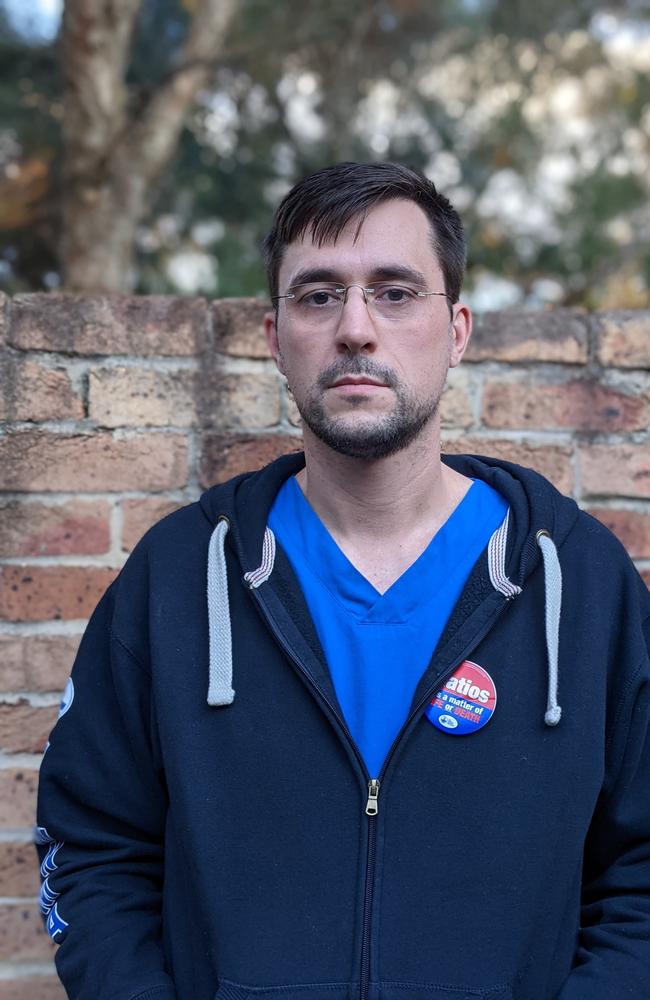
Registered nurse and union delegate Sarah Ellyard said a ratio of one nurse to three patients was needed in mental health units, not just safe staffing levels.
“It would mean patients’ needs would be met more adequately than they are now,” she said.
“We should be asking what patients need, finding out what is going on with them and picking up any deterioration.”
This month the Labor Government announced a Safe Staffing Working Group which will plan and drive implementation of safe staffing levels across public hospitals starting with emergency then other departments.
A NSW Health spokeswoman said staffing levels in these mental health wards were determined by patient activity data, previous years staffing levels and patient acuity, with “staff numbers and rosters reviewed on a shift basis to ensure patient acuity needs are met”.
If you or someone you know is thinking about suicide or experiencing personal crisis, call Lifeline on 13 11 14. The NSW Mental Health Line 1800 011 511 is a 24/7 service that can advise local services.





